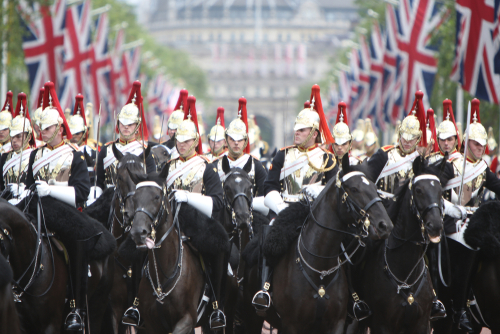You aren’t to know, but, appropriately, I am writing this on Valentine’s Day.
Appropriate because I am writing about love – which you might think a little squishy – but it has relevance to your health.

I am inspired to write about love in part because our new minister at the Fredericksburg Unitarian Fellowship, David Brown, talked to our End-Of-Life-Conversations group, about the book Love and Death by Forrest Church.
Church, was the minister at the Unitarian Church of All souls in New York for 30 years. He wrote this in 2007 when he got the news that the esophageal cancer had come back. He died in 2008.
“I Cannot Tell What This Love May Be”
However, this “love” thing confuses me a bit.
I am put in mind of Patience in the Gilbert and Sullivan operetta of the same name, which was the school play one year at the boarding school I attended, and I was a proud member of the chorus of Dragoons.
Patience, seeing a lot of swooning, lovesick maidens besotted with the foppish poet Archibald Grosvenor (a spoof on the aesthetic movement of the 1880’s and Oscar Wild) sings “I cannot tell what this love may be. . . . . it cannot be joy and rapture deep, or why do these ladies weep ?. . . “
This is a bit how I feel. But this whole love business seems to be a bit over-the-top in America.
The Brit’s think of love as when you fancy someone – romantic love. They don’t tell their children “I love you” every time they end of a phone call. Some curmudgeonly Brits’ even consider love a four-letter word.
Church’s beautifully written book is mostly about his dealing with the death and his personal theology – though he does claim “without love, nothing matters” and that God is love.
I was prompted to explore.
A Whimsical Health Benefit
This took me to new realms.
Writer Alain Badious in his book In Praise of Love, recognizes three kinds of love. Romantic ecstasy. Legalistic contract. Or perhaps, a bit cynically, a “skeptical illusion.”
Schopenhauer – known as a gloomy pessimist - hated love. Kierkegaard – who was despairing about the compromises and cruelties of life - thought love was divine. Philologist, philosopher, poet, and composer Nietzsche says it’s an “instinctual force related to our biological and cultural drives.”
A comment on Reddit I rather liked was “"love can be considered somewhat overrated, mainly due to the emphasis on romantic love being portrayed as the ultimate source of happiness and fulfillment.”
The Unitarians – who seem a little OTT about love in my opinion, with the billboard declaring “love is love” (which I don’t quite understand but read is “ a core teaching”) seem to see love not just as having the hots for someone but a force for good.
This is where the health benefit comes in. If it builds community, companionship, and healthy, supportive relationships, these are things that are documented as having a distinct health benefit. It boosts our immune system, makes us tolerate pain better, lessens risk of depression, makes us live longer, improves behavior and reduces stress - according to researchers at the University of Texas.
So . . . . . love thy neighbor and all that. It’s good for you – it’s good for them as well.

